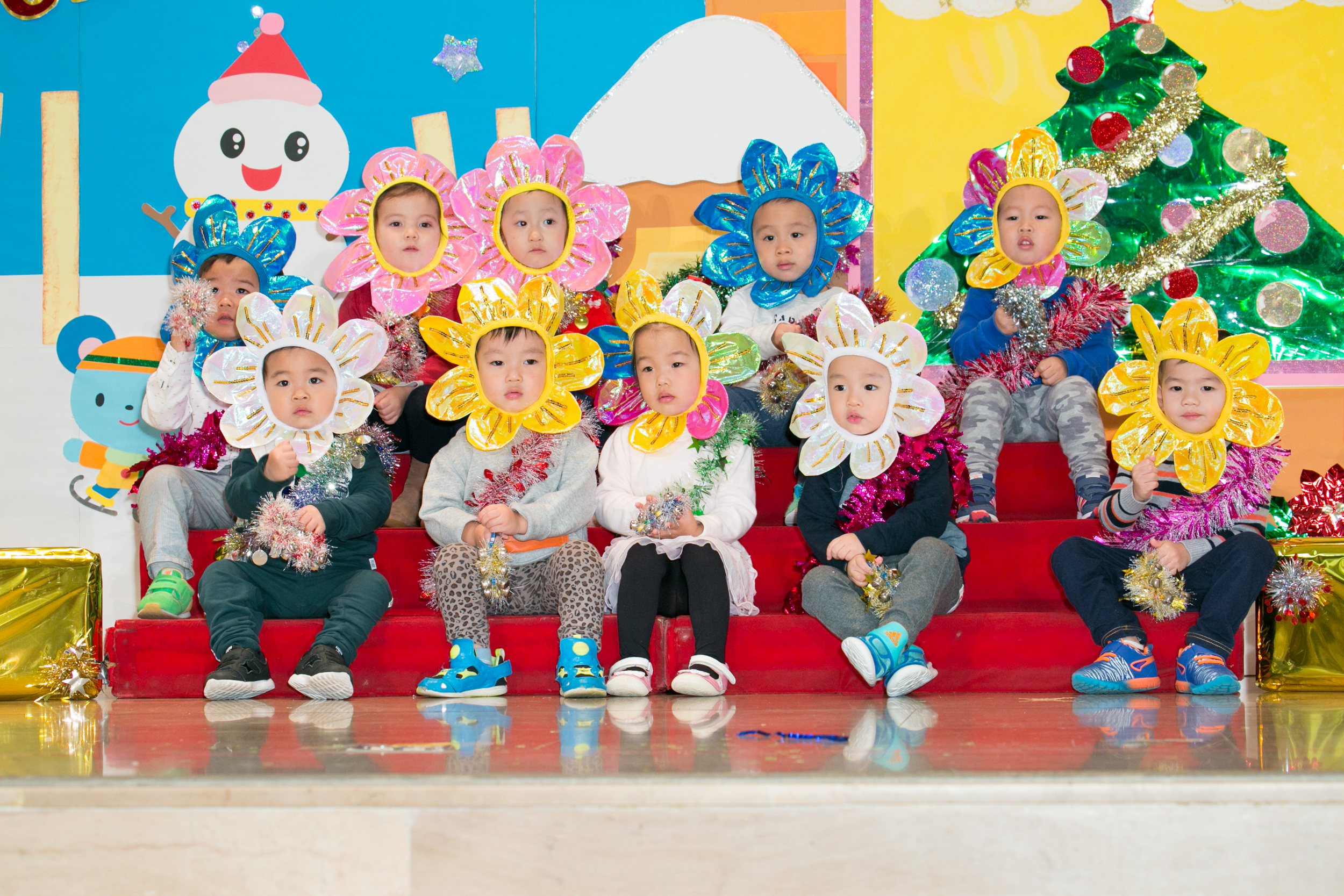With reference to the Guide to the Pre-primary Curriculum, we adopt certified thematic learning materials that are matched with integrated activities for developing multiple intelligences to designed a child-centred curriculum that is based on young children’s life experiences and developmental needs. We nurture children to attain balanced development in the domains of spirit, ethics, intellect, physique, social skills and aesthetics.
Curriculum Core Values
Our “child-centred” curriculum is designed to cater to children’s life experiences, developmental characteristics and interests, supported with a range of theme-based integrated activities. It adopts a spiral approach to help with children’s cognitive development and broaden their horizons in learning. We also actively promote project-based learning and picture book learning.

